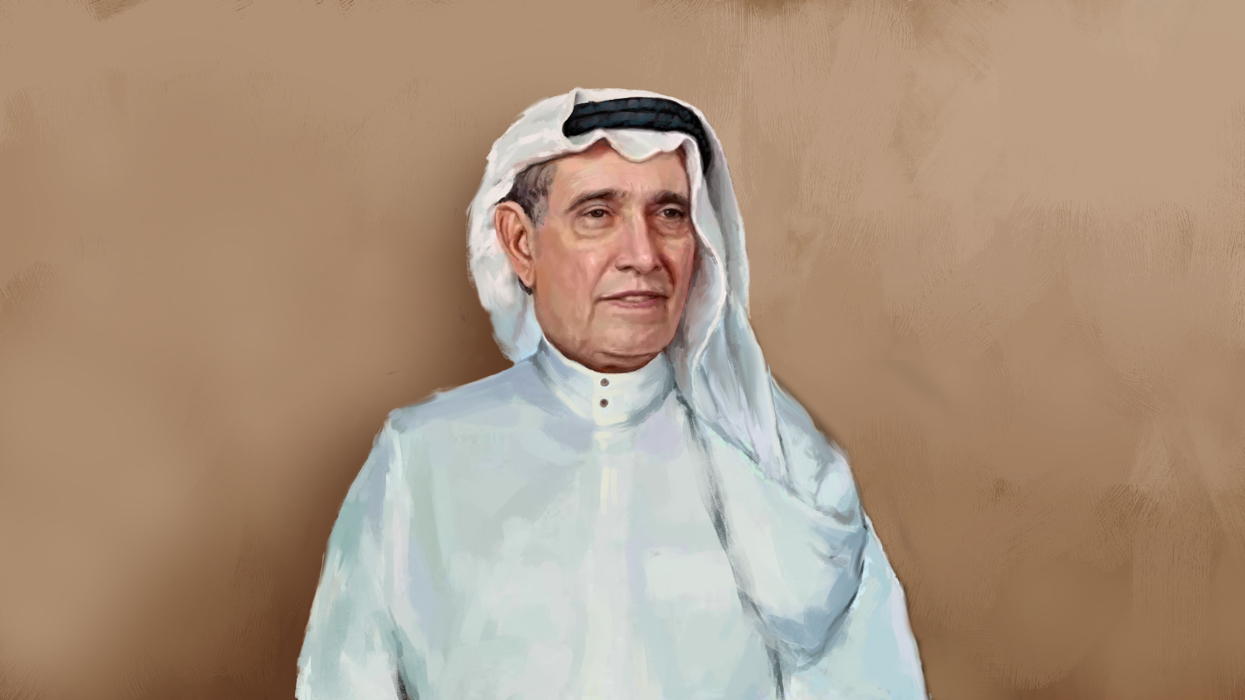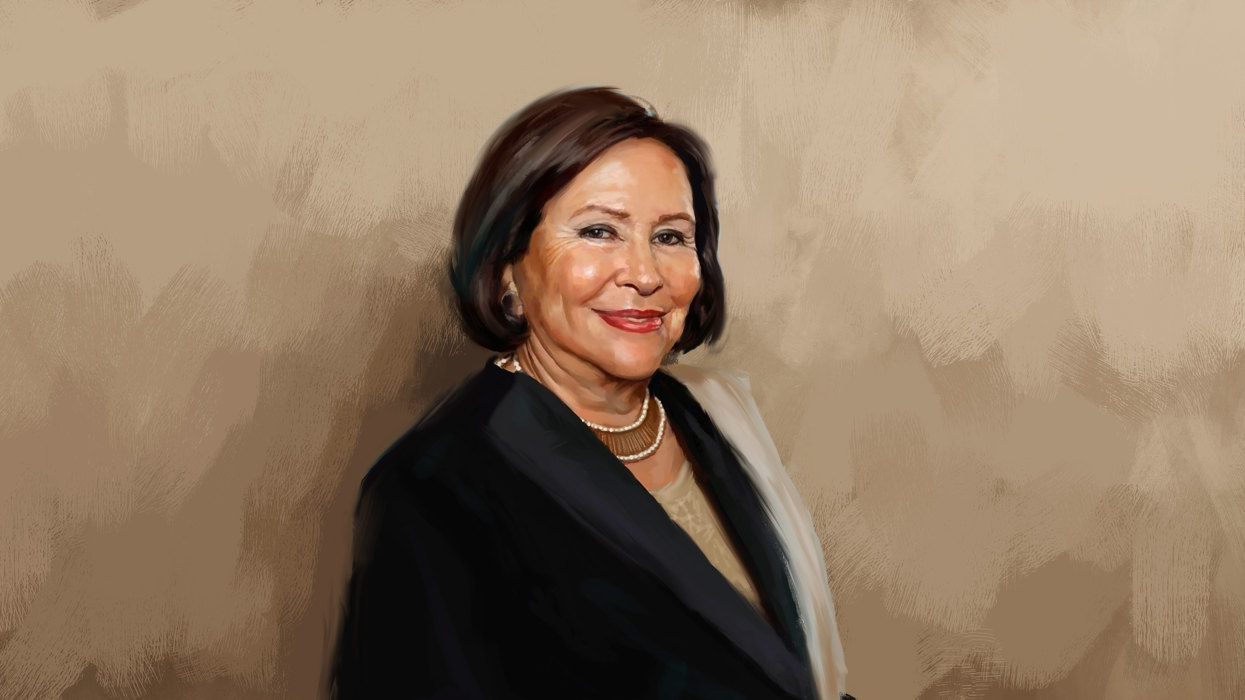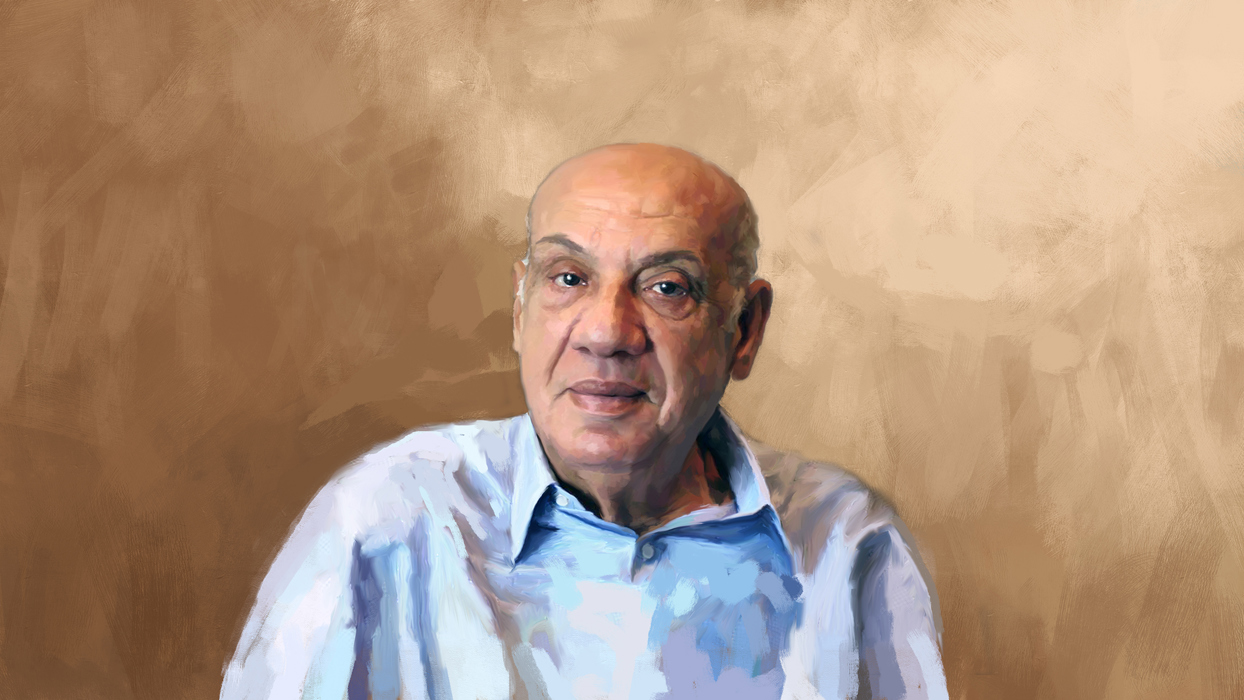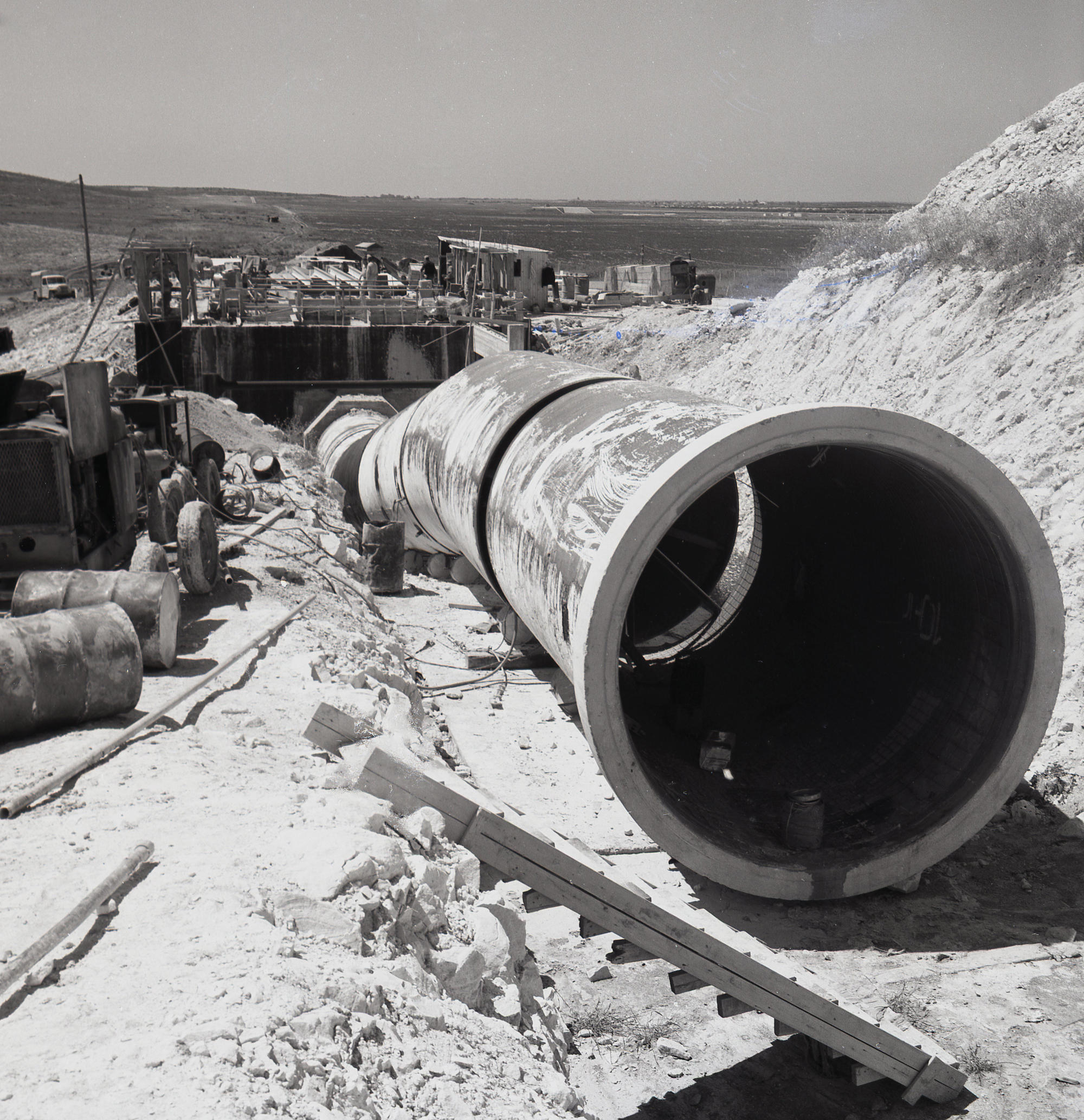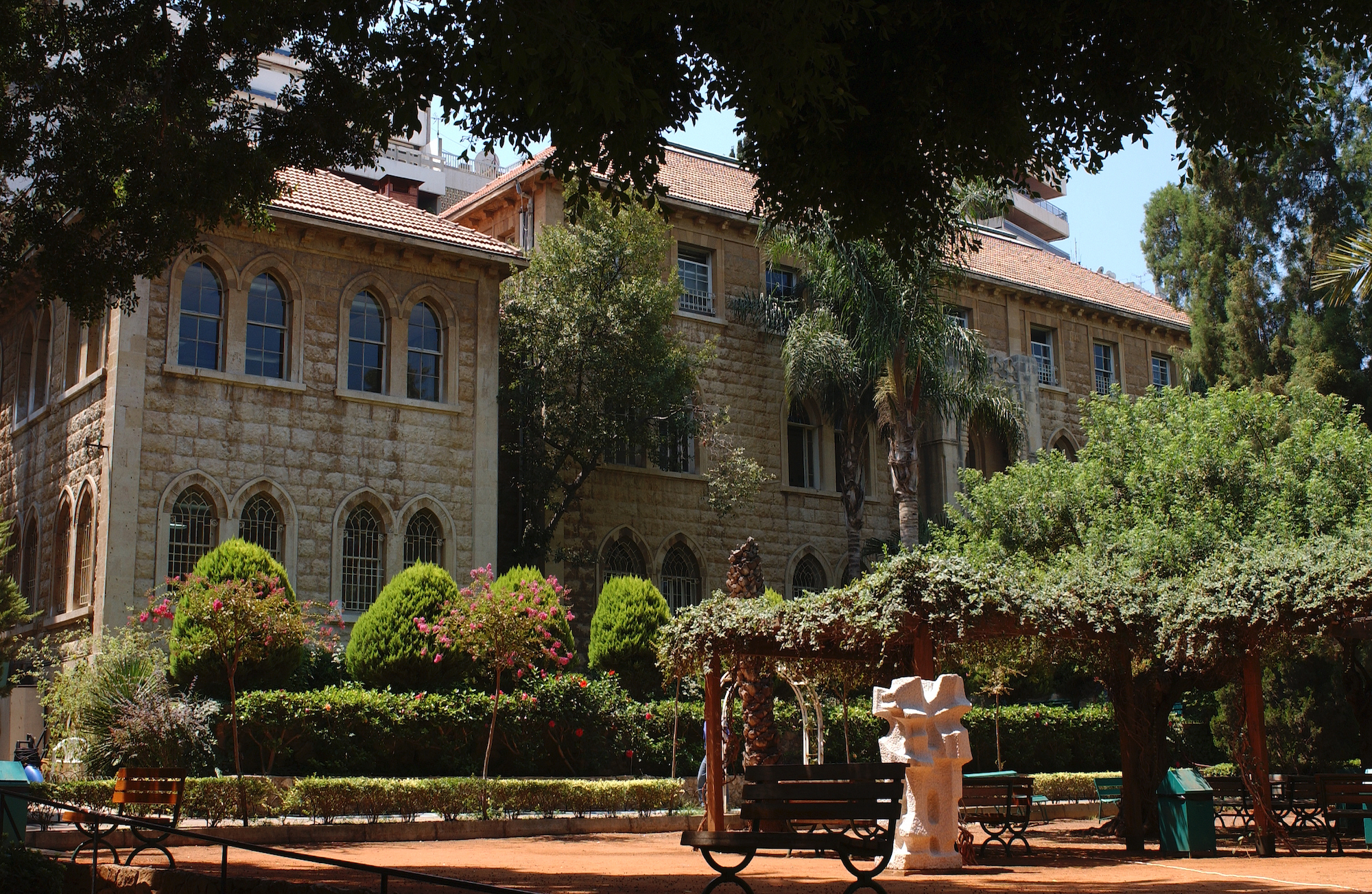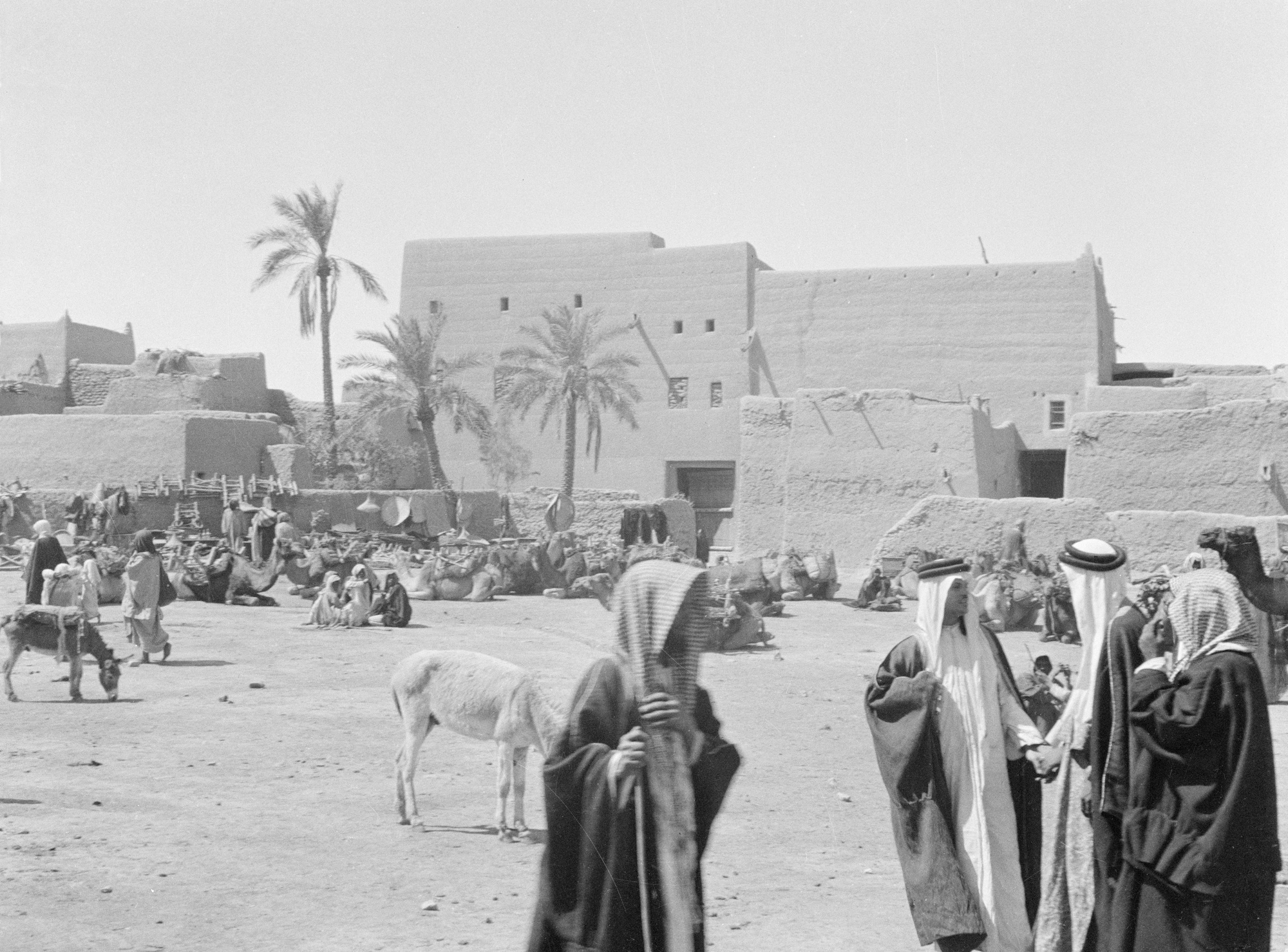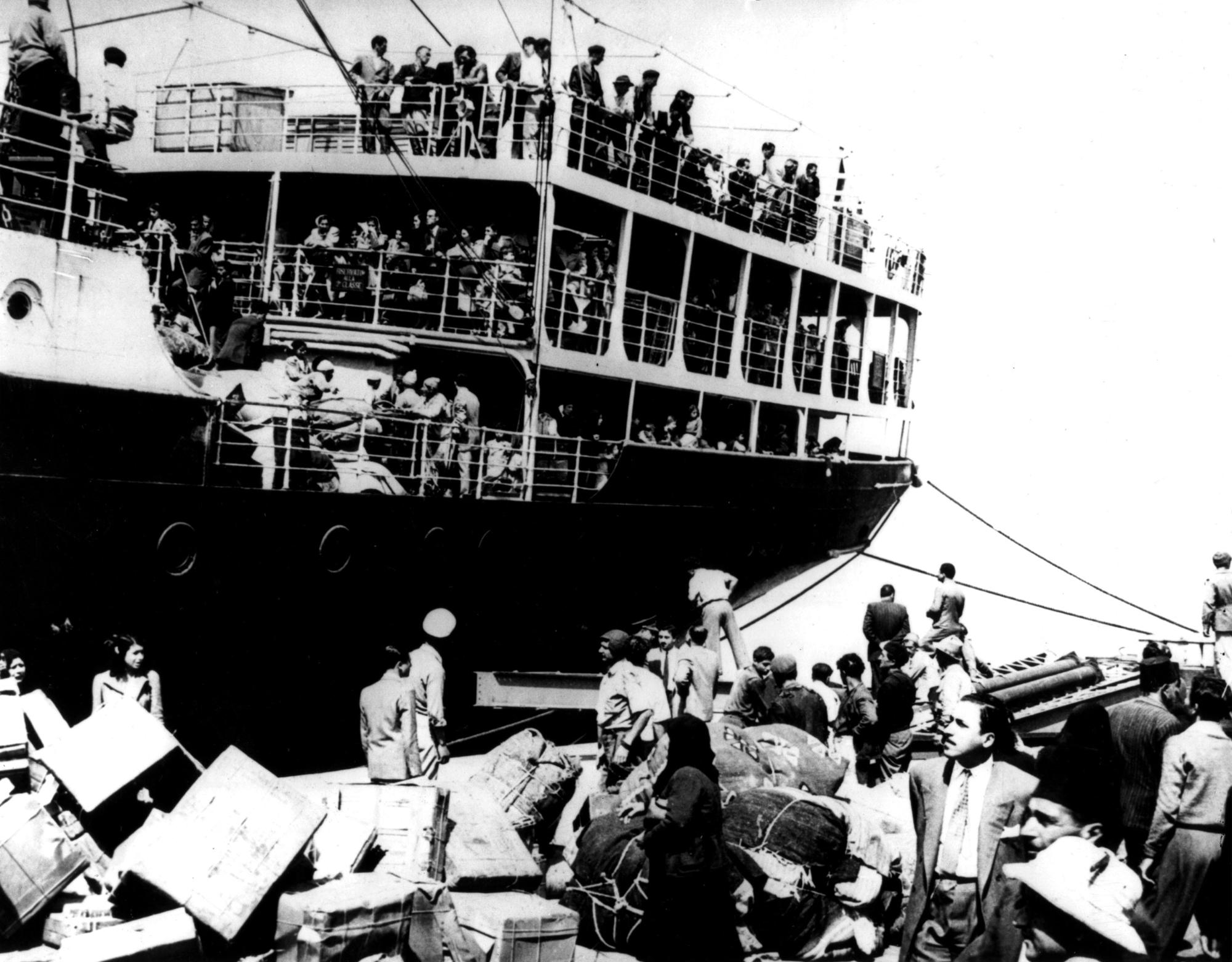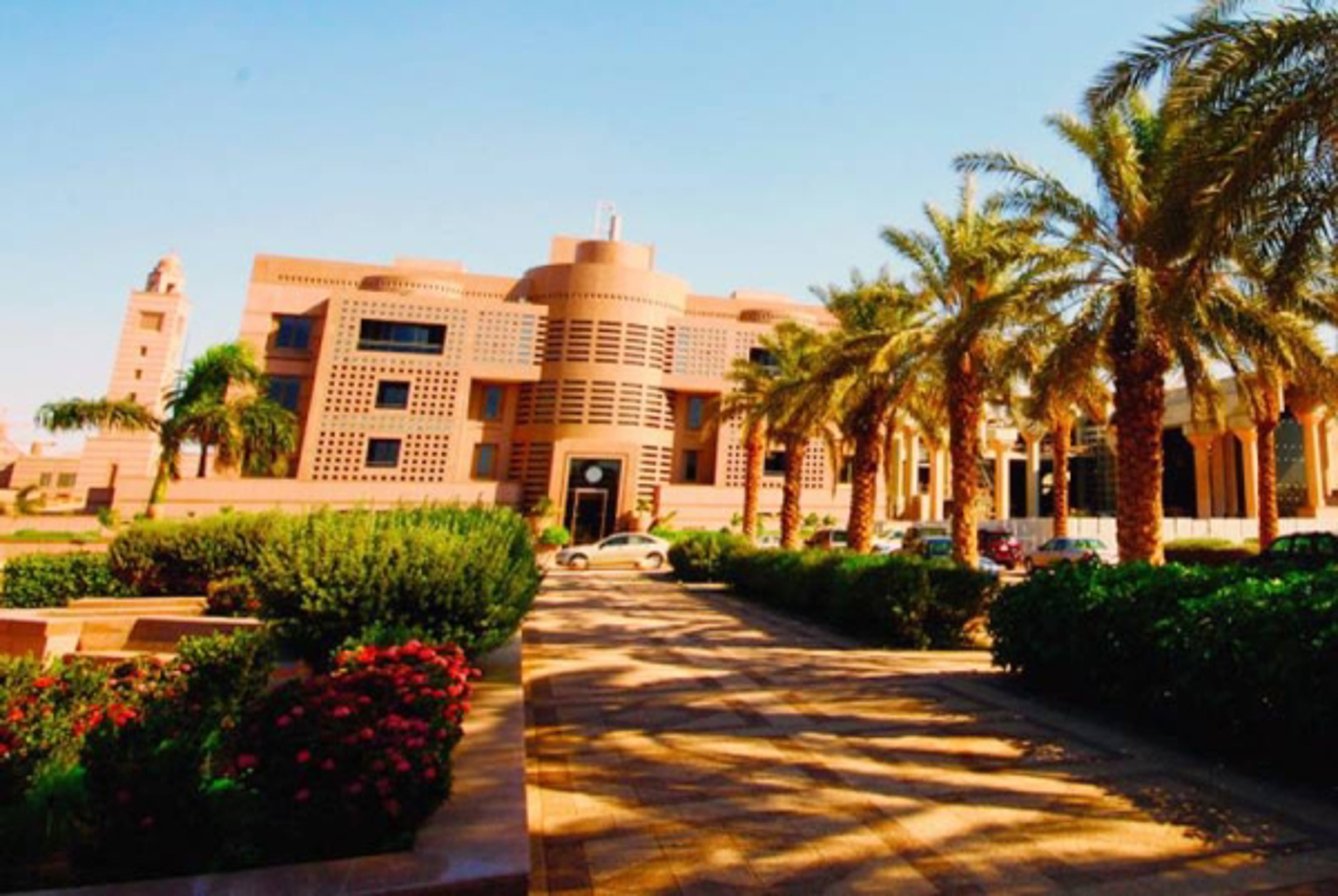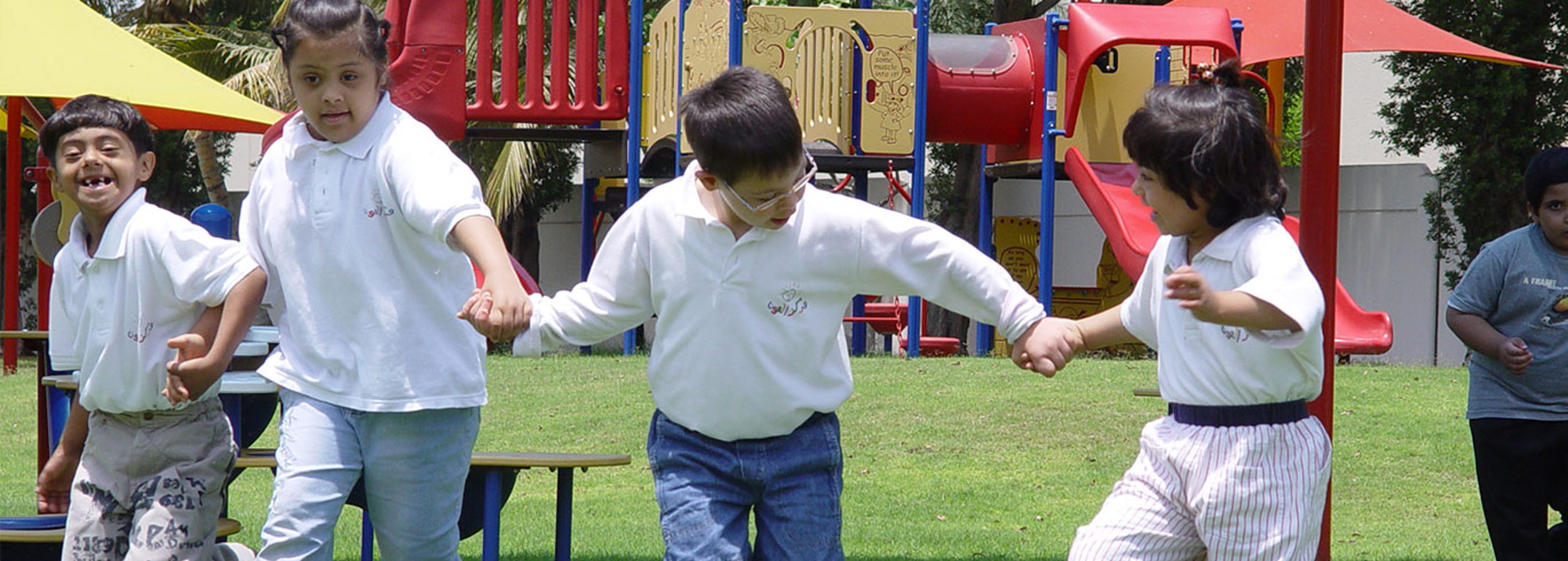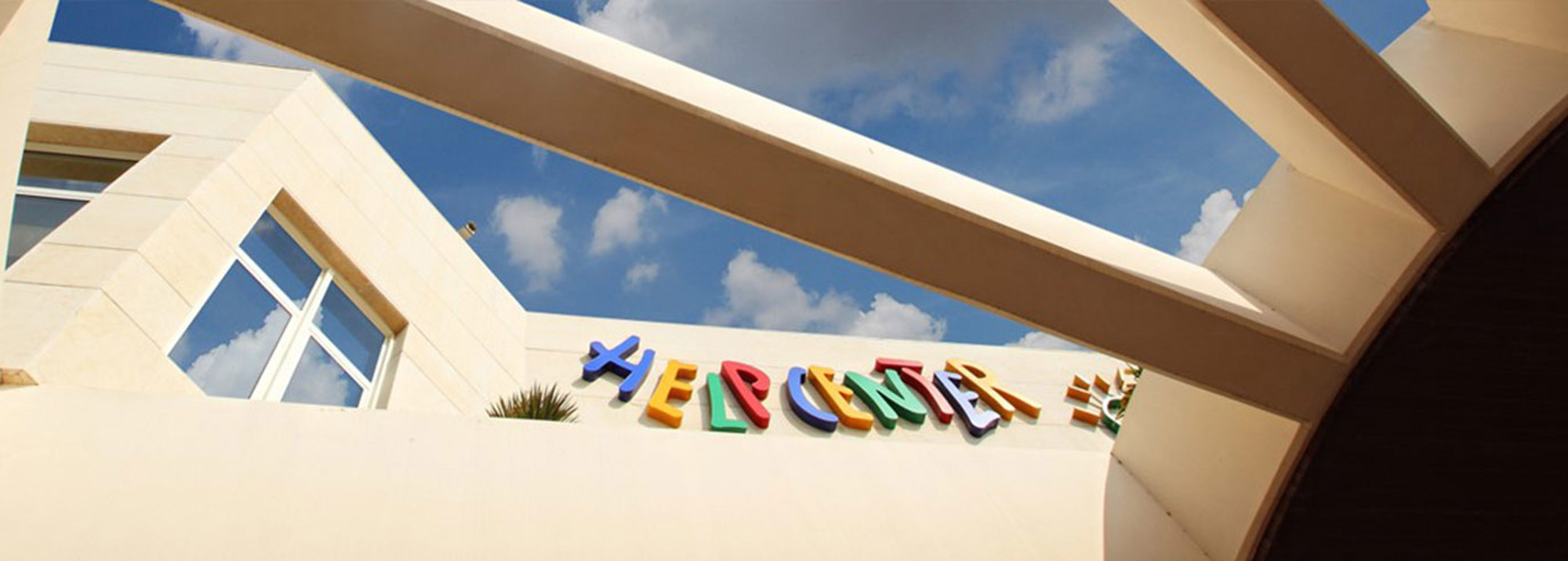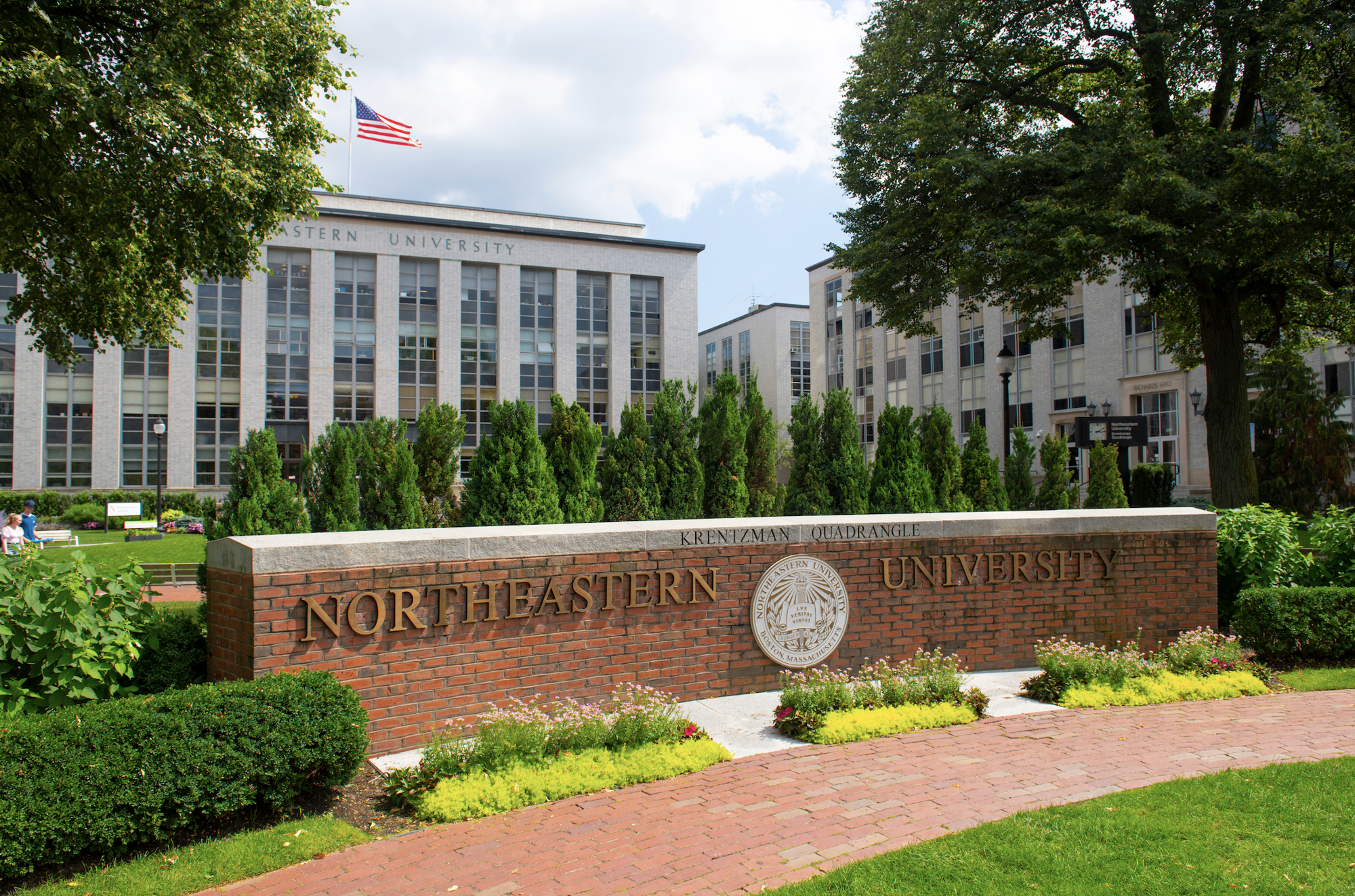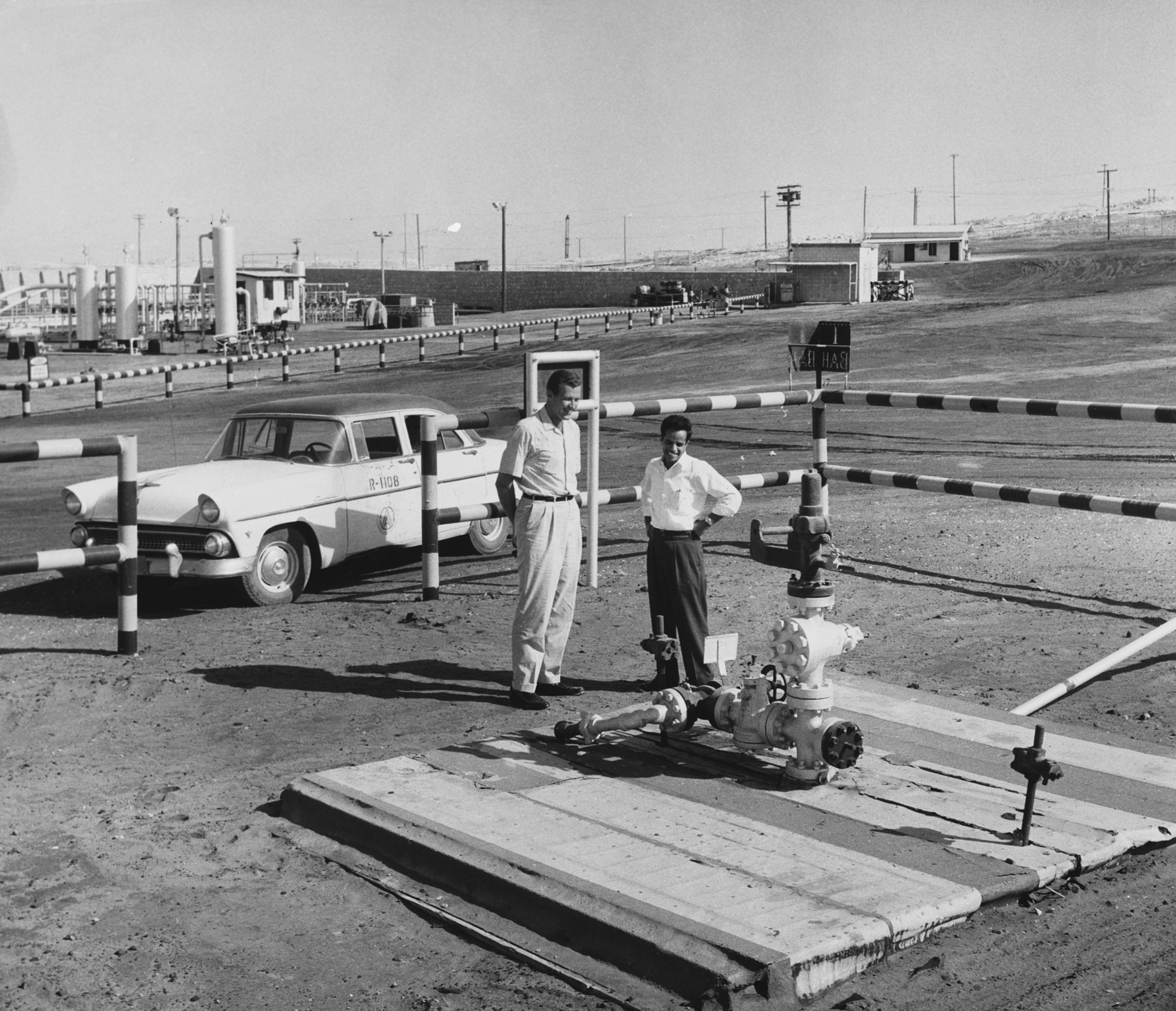
1950
1970
Growth and aspirations
Ahmed and Suad marry and their philanthropic journey begins just as Saudi Arabia's economy begins to boom
Saudi Arabia’s discovery of oil puts its economy on an upward trajectory, buoyed by an influx of educated migrants from around the region. Ahmed and Suad meet and marry and their shared benevolent outlook soon leads the couple to launch their first humanitarian initiatives.
"My late husband was a role model and inspiration throughout my life. He was a great believer in youth. Wisdom, he used to say, can be found in the elderly. However, youth has the drive, the energy, and the enthusiasm needed to make things happen."
Suad Al Juffali
Saudi Arabia’s fortunes were revolutionised by the discovery of oil in 1938. This period of exceptional economic growth afforded the Kingdom greater influence outside of its borders, and King Abdulaziz Al Saud's government was instrumental in founding the Arab League in 1945.
Accordingly, the Kingdom opened its doors to many fleeing Palestinians, offering a new home and citizenship to those who'd recently had theirs taken from them. Among them was Suad's father, who emigrated to the Kingdom to begin a new life in exile. Suad, meanwhile, would stay in Beirut to continue the education she - and her parents - so desperately wanted.
"My parents were adamant that education was the number one priority for us children,” remembers Suad. "All their savings were directed to our education. But when I reached college age, their savings would not cover the full board and tuition fees required. My dream was shattered. But I did not waver."
Undeterred, Suad applied for a scholarship at the Beirut College for Women (today known as the Lebanese American University). She was successful, and a student aid programme allowed her to continue her studies. She remembers those years fondly. "Those were joyful years of my life as a student. But I was always aware and sensitive to the plight of the refugees and needy Palestinians in exile, and especially of the students who were unable to pursue education."
Outside of her studies, Suad volunteered at a local community school for underprivileged students and children with special needs. "I was so much motivated by this volunteer initiative as it taught me to be considerate of compassion and understanding and supporting the needs. This hands-off experience was the guiding star of my aspirations,” she recalls.
When Suad graduated with a Bachelor of Arts in psychology and sociology at 21 years old, she had already decided that she was going to devote the rest of her life to helping those less fortunate. "I wanted to work in humanitarian projects, especially in the fields of health and education. I want to invest in human beings. I wanted to make a difference in their lives, as I believed that every human being has the right to live a decent and productive life."
In 1954, she married the Ahmed, who would be only too happy to join Suad in her philanthropic aims. Together they had four children - Walid, Khaled, Tarek, and Maha - and lived in Jeddah.
Yet - as Suad proudly recalled - Ahmed always found time to dedicate himself to the social causes they both believed in.
“I was worried that, as a young woman in Saudi Arabia, I would not be able to fulfil my dreams or aspirations,” she recalls, adding: “However, that was not the case. Had it not been for Ahmed's full support and encouragement to pursue the humanitarian and education projects that I wanted to achieve, my aspirations would never have been realised and my dreams would never have been fulfilled.”
In 1956, Suad co-founded the Jeddah Women's Welfare Society. Intended to improve the conditions and status of women in the city by offering them vocational training along with healthcare advice and medical services, it was one of the first of its kind in the Kingdom and it paved the way for similar institutions to follow in Saudi Arabia.
"With the help of God and the support of my husband at that time and a great Herculean effort, some of my dear friends helped me to organise the very first women's centre in Jeddah,” Suad told the 2022 Misk Global Forum.
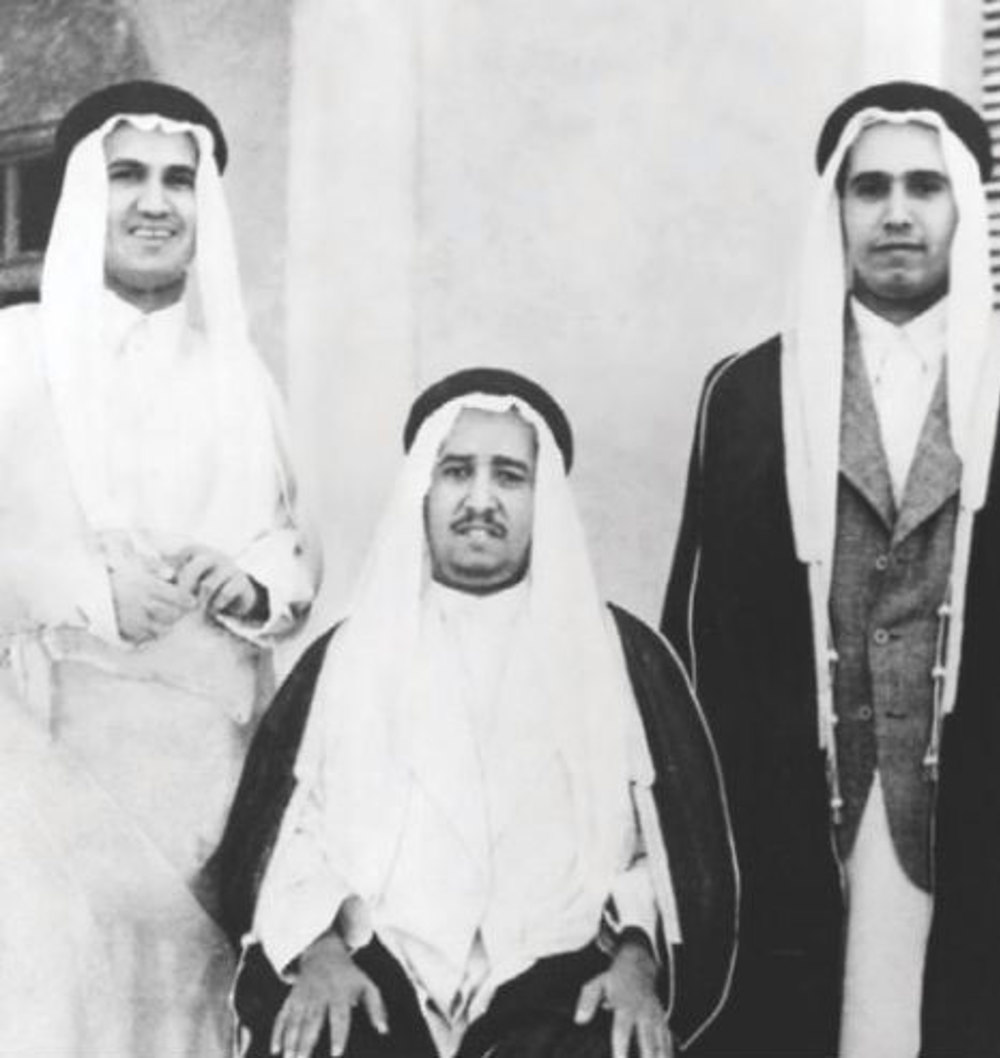

The Juffali brothers (left) and with the Saudi Arabia's King Faisal bin Abdulaziz Al Suad (above). Photos supplied by Juffali family.
Some years earlier, Ahmed, along with his brothers, Ali and Ebrahim, had founded the Juffali Group, with the siblings quick to identify key opportunities for growth and played a pivotal role in bolstering the Kingdom's expanding infrastructure.
Crucially, the Juffali brothers identified that the fastest, most effective way to advance the Saudi industry was by establishing partnerships with international leaders in each field, bringing global knowledge and technology into the local markets. As the Kingdom grew, so too did the Juffali Groups business portfolio and areas of expertise.
Today the Juffali Group is one of the largest and most respected business groups in Saudi Arabia, with a presence in more than 30 countries around the world. With valuable partnerships with multinational corporations including Dow, Siemens, Mercedes-Benz, Michelin, IBM, Ericsson, Carrier, Kelvinator, Bosch, Karcher, Fluor, and Otis, it continues to be a leader in the fields of mobility, technology, engineering, and services.
Reflecting the mindset of its founders, the company has also established a reputation for its commitment to corporate social responsibility and its support for charitable causes in Saudi Arabia and around the world.
A conglomerate straddling an array of sectors including telecommunications, transport, manufacturing, engineering, IT, the company was integral in establishing the country's first power plant. Possessing an entrepreneurial verve with an international mindset, the Juffalis played a central role in Saudi Arabia's exciting industrial and economic development.
